
Reproductive Health
Advertisement
April Christina speaks with Urban Health Weekly about Navigating Endometriosis and Infertility
The findings challenge common assumptions about aging and sexual function.
A Swedish national study provides new evidence for graduated neonatal risks associated with advancing maternal age.
This research addresses a critical gap in prenatal care, as some women develop preeclampsia despite aspirin prophylaxis.
The researchers propose that consuming seasoned foods may expose vulvar tissue to allergens through excretion in urine
During pregnancy, higher mercury levels were linked to increased risks of birth defects, preterm birth, low birth weight
Women can now screen for cervical cancer from the comfort of their homes using a specially designed self-collection device
The mental health of mothers in the United States has declined significantly from 2016 to 2023
The new guidelines recognize that healthcare providers have historically underestimated patient pain levels.
The research reveals that 52.8% of patients considered stopping care because their concerns were not addressed.
Women with a sister who has experienced postpartum psychosis should be considered at significantly higher risk
My fertility numbers looked fine, but during the pandemic, while trying to conceive, I was diagnosed with infertility.
The study found that only 75.3% of chlamydia cases and 69.6% of gonorrhea cases received any treatment within 30 days.
children born to mothers with diabetes during pregnancy faced 28% higher risk of being diagnosed with any neurodevelopmental
The results revealed a small but statistically significant temporary increase in menstrual cycle length
The incidence of vaginal cancer is increasing globally, emphasizing the need for further HPV vaccination rates for prevention
Women's Wellness Advocate April Christina, talks about endometriosis, infertility and resources for infertility patients.
A study revealed that elimination strategies were more popular and perceived as more effective for managing endometrial pain.
Many women who experienced persistent COVID-19 symptoms reported irregular menstrual cycles.
Bacterial Vaginosis recurrence occurred significantly less often in women whose male partners were treated.


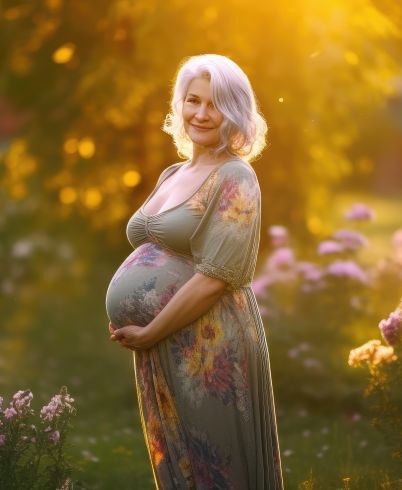



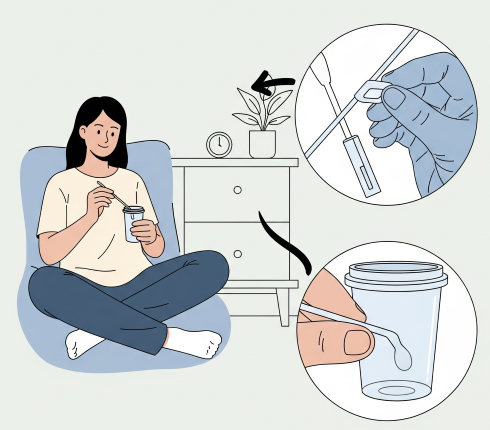

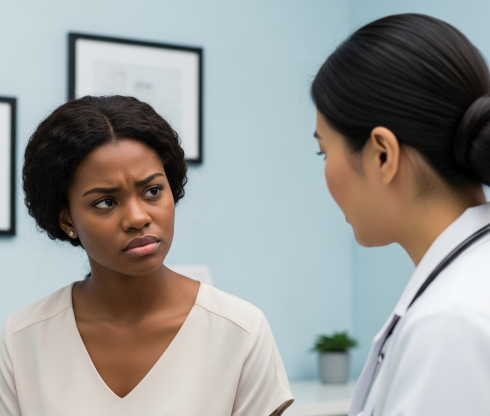
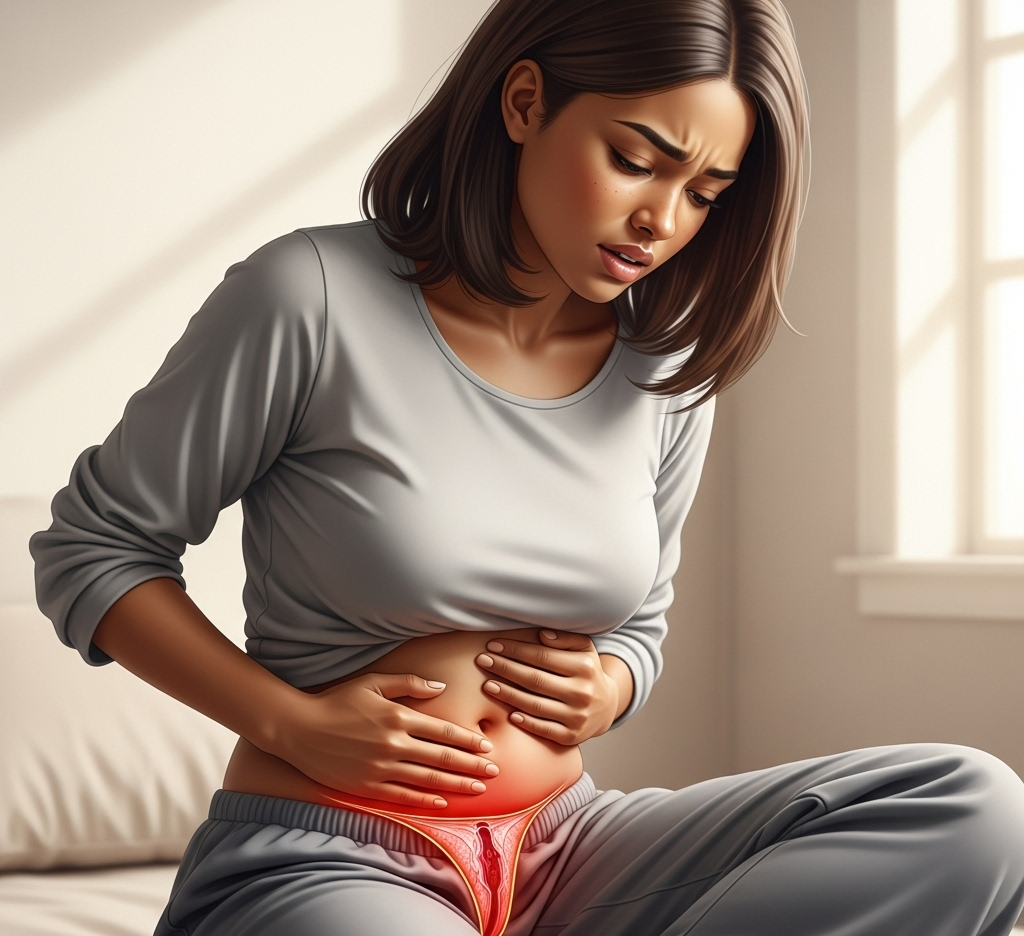
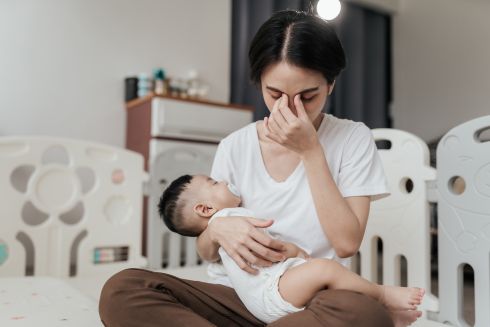

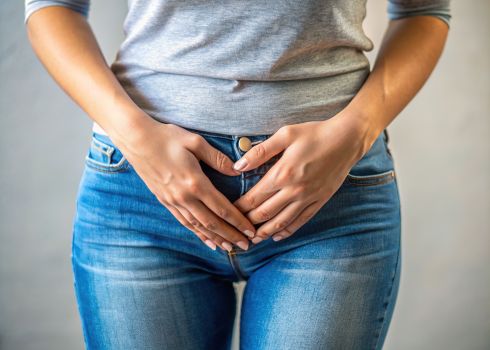


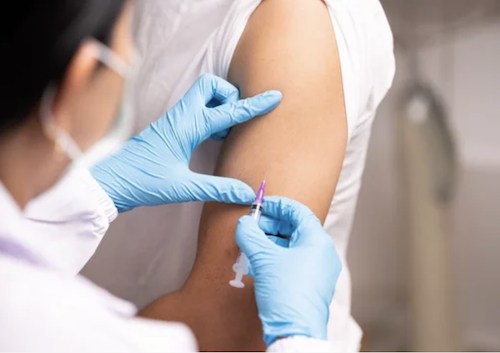





 © 2025 Mashup Media, LLC, a Formedics Property. All Rights Reserved.
© 2025 Mashup Media, LLC, a Formedics Property. All Rights Reserved.